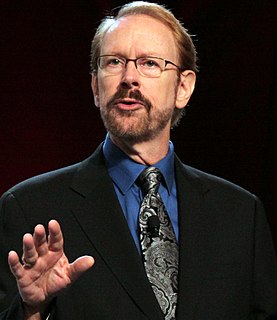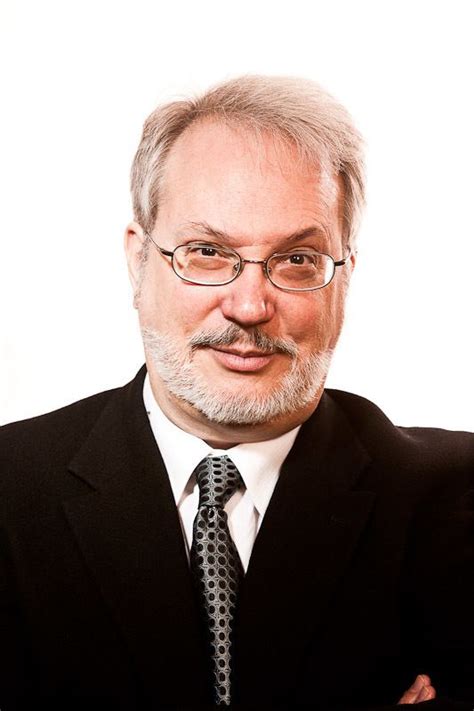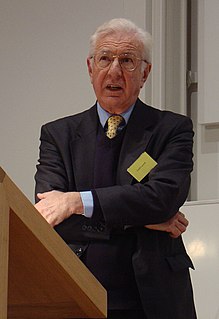A Quote by P. J. O'Rourke
Zero-sum thinking is an obsession of mine, but mostly in economics.
Related Quotes
One problem with politics is that it is a zero sum game, i.e. politicians argue how to cut the pie smaller and smaller, by reshuffling pieces of the pie. I think this is destructive. Instead, we should be creating a bigger pie, i.e. funding the science that is the source of all our prosperity. Science is not a zero sum game.
The move from scarcity thinking to abundance thinking, from zero-sum competition to one-hundred-sum collaboration, is not just a “nice” or “moral” idea. In the twenty-first century, it's plain good sense. Scarcity says, “I'm going to keep all my ideas to myself and sell more than anyone else.” Abundance says, “By mentoring, coaching, and sharing all our best ideas, we're going to create a powerful tide that raises all our ships-and we'll all sell more as a result".
At least half of the popular fallacies about economics come from assuming that economic activity is a zero-sum game, in which what is gained by someone is lost by someone else. But transactions would not continue unless both sides gained, whether in international trade, employment, or renting an apartment.
On the political front, of course it's a zero-sum game. If it's all white males holding positions, you bring 10 women in, then it's, 'Women are coming!' Get 10 blacks and it's, 'Blacks are coming!' 'Hispanics are coming!' Zero-sum game. The seatmates might change but the chairs don't move. In the economy, the number of chairs can actually increase.
Trump sees the world in terms of a zero-sum game. In reality, globalisation, if well managed, is a positive-sum force: America gains if its friends and allies - whether Australia, the E.U., or Mexico - are stronger. But Trump's approach threatens to turn it into a negative-sum game: America will lose, too.
President Trump sees the world in transactional and zero-sum terms - if something is good for China, it must be bad for the U.S. By contrast, economists see the world in much more nuanced ways: if globalization is well-managed, it can be a positive-sum game, where both the U.S. and China gain; if it is badly managed, it can be negative-sum.
As to the latter point - that by having a child in America you are somehow starving a child in Bangladesh - remember that agricultural economics is not a zero-sum game. Farmers want to make a living, so as demand increases, so does production. Not only that, but agricultural productivity has increased so rapidly that in some countries the government pays farmers not to plant crops in an effort to keep food prices from dropping.
































